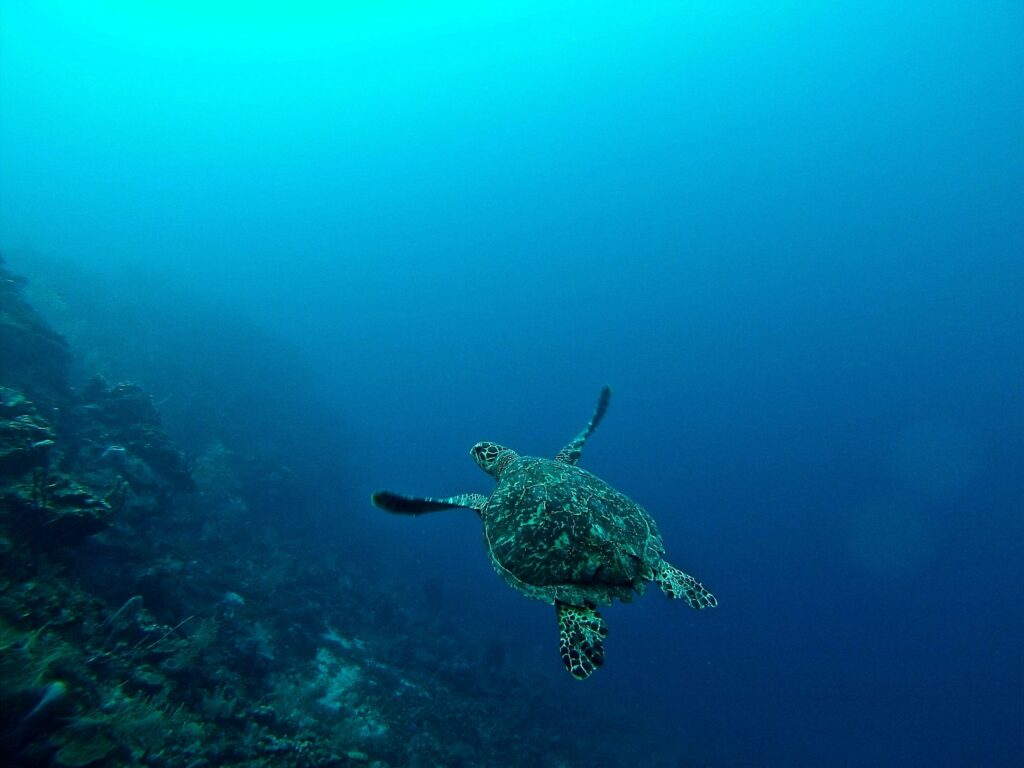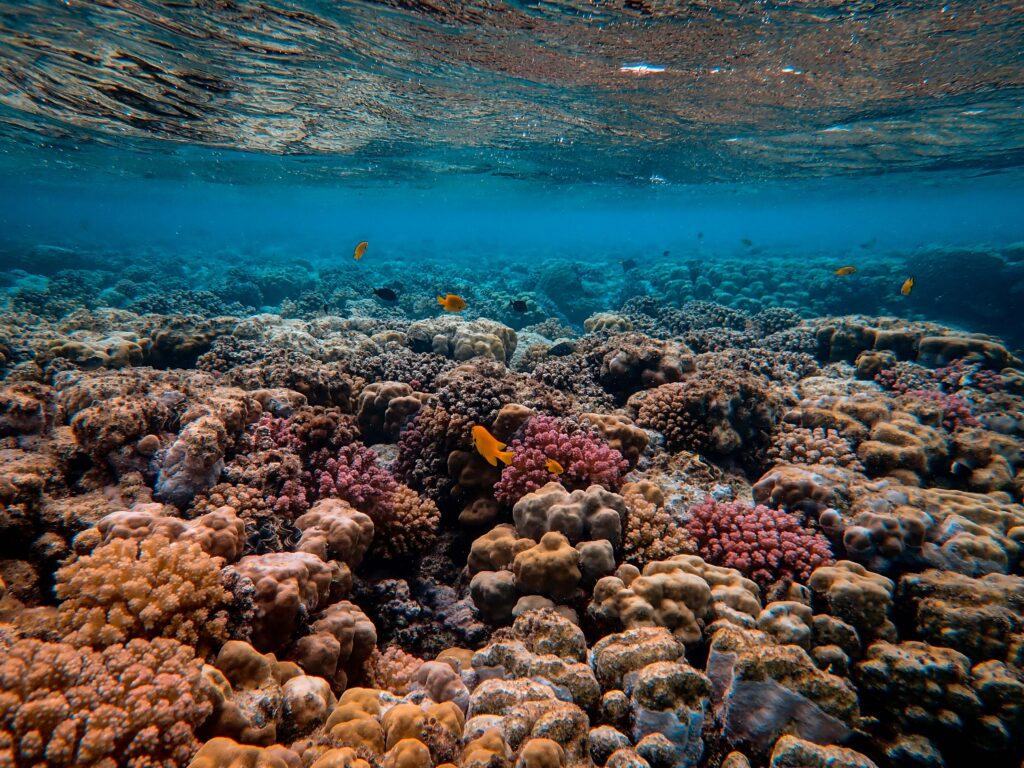The oceans, fundamental for life on Earth, produce much of the oxygen we breathe, absorb 30% of global CO2 emissions and provide a livelihood for over three billion people. However, human activity on these vast bodies of water is proving increasingly worrying. Since the late 1980s, 95% of open ocean surface waters have become more acidic, a phenomenon associated with the increasing uptake of carbon dioxide (CO2) by the oceans.

The pH, a measure of a solution’s acidity or alkalinity, is the indicator of this transformation. Seawater, once slightly alkaline with an average pH of around 8.2 before the industrial revolution, has now reached a pH of 8.1. Although this decrease seems minimal, it represents an increase of around 30% in ocean acidity since pre-industrial times. Alarming forecasts in the Sixth Assessment Report of the Intergovernmental Panel on Climate Change (IPCC) suggest that by 2100, ocean pH could fall to 7.8, making the oceans 150% more acidic and endangering half of all aquatic life.
Ocean acidification has far-reaching consequences for marine ecosystems and the human communities that depend on them. Calcifying organisms, such as oysters, crabs, sea urchins, lobsters and corals, suffer a dual challenge: increased acidity and a reduction in the carbonate ions essential to the formation of their shells and skeletons. Studies show that these structures become more vulnerable and tend to break down more easily under acidic conditions.

The implications extend beyond simple biological structures. Underwater sound transmission can be altered, making environments louder. Marine organisms, in fighting acidification, expend valuable energy that could otherwise be allocated to physiological processes such as reproduction and growth. This increased pressure on marine organisms can destabilize food chains, compromise ecosystem resilience and impact crucial economic sectors such as fishing and tourism.
Ocean acidification, a direct result of human activity, is a silent but formidable threat to our marine environment. By 2050, scientists anticipate that the vast majority – around 86% – of the world’s oceans will be at levels of heat and acidity never before recorded in recent history.
Faced with this reality, urgent action is needed to reduce CO2 emissions and implement conservation measures aimed at preserving the health and vitality of the oceans, thus ensuring a sustainable future for our planet and future generations. That’s why Seawards is firmly committed to creating energy-efficient desalination technology. We are determined to make an active contribution to preserving the oceans and providing a sustainable source of fresh water for future generations.
